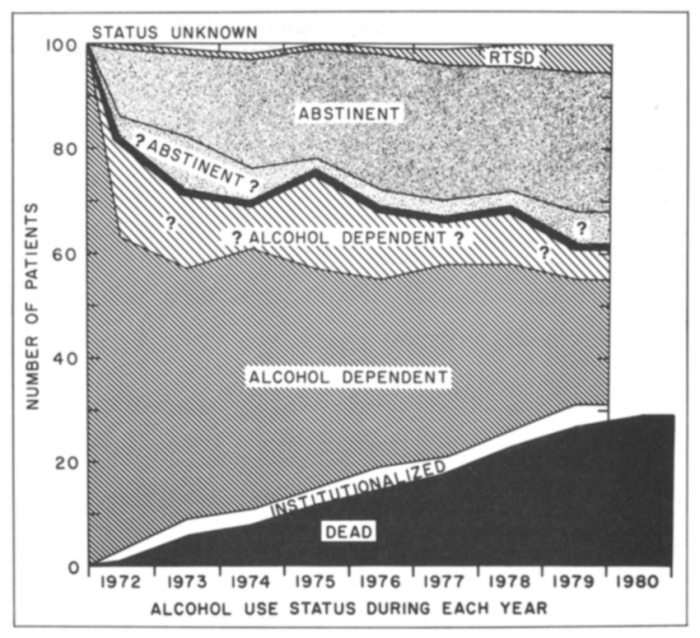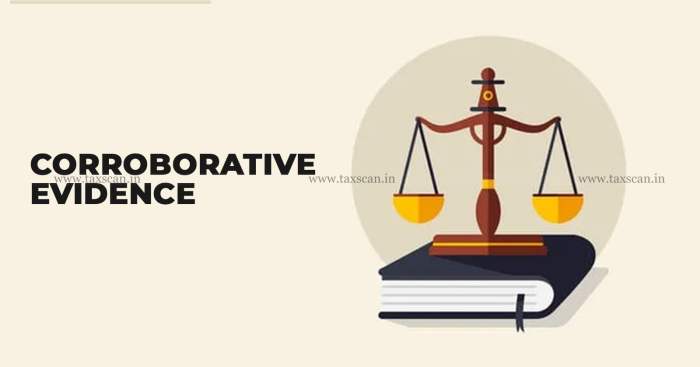As a lack of corroboration indicates that takes center stage, this opening passage beckons readers into a world crafted with authority and knowledge, ensuring a reading experience that is both absorbing and distinctly original.
This comprehensive exploration delves into the significance of corroborating evidence, its role in establishing the credibility of claims, and the potential consequences of relying on uncorroborated assertions.
1. Lack of Corroborating Evidence
Corroborating evidence is additional evidence that supports a claim or statement. It helps to establish the credibility of a claim by providing independent confirmation from multiple sources. A lack of corroborating evidence can significantly weaken a claim, as it raises doubts about its validity.
For example, if a witness in a trial makes a statement but there is no other evidence to support their claim, the jury may be less likely to believe them. Similarly, if a scientific study reports a new finding but there are no other studies to corroborate the results, the scientific community may be hesitant to accept the claim.
Relying on uncorroborated claims can have serious consequences. It can lead to false beliefs, incorrect decisions, and even injustice. Therefore, it is important to carefully evaluate the strength of corroborating evidence before accepting a claim as true.
2. Evaluating the Reliability of Sources

The reliability of a source is determined by several factors, including accuracy, credibility, and bias.
- Accuracyrefers to the extent to which a source provides correct and truthful information.
- Credibilityrefers to the trustworthiness of a source, based on its reputation and expertise.
- Biasrefers to any prejudice or inclination that may influence the presentation of information.
A lack of corroboration can affect the reliability of a source. If a source is the only one making a claim, it is more likely to be biased or inaccurate. However, if there are multiple sources that corroborate the claim, it is more likely to be reliable.
It is important to be aware of potential biases in sources and to evaluate the information they provide critically.
3. Establishing a Standard of Proof

Different contexts require different standards of proof. In legal proceedings, the standard of proof is typically “beyond a reasonable doubt.” This means that the evidence must be so strong that there is no reasonable doubt about the guilt of the accused.
In scientific research, the standard of proof is typically “statistically significant.” This means that the results of a study must be unlikely to have occurred by chance.
A lack of corroboration can impact the ability to meet a particular standard of proof. For example, if a witness in a trial provides testimony that is not corroborated by other evidence, it may not be enough to meet the standard of proof “beyond a reasonable doubt.”
4. Implications for Decision-Making: A Lack Of Corroboration Indicates That
When making decisions, it is important to consider the strength of corroborating evidence. A lack of corroboration can increase uncertainty and make it difficult to reach a conclusion.
For example, if a doctor is considering a diagnosis for a patient, they will need to consider the strength of the evidence supporting the diagnosis. If there is a lack of corroborating evidence, the doctor may be hesitant to make a diagnosis.
A lack of corroboration can also lead to poor decision-making. For example, if a business is considering investing in a new product, they will need to consider the strength of the evidence supporting the product’s success. If there is a lack of corroborating evidence, the business may be more likely to make a poor investment decision.
5. Mitigating the Effects of a Lack of Corroboration

There are several strategies for mitigating the effects of a lack of corroboration.
- Seek additional evidence.If there is a lack of corroborating evidence for a claim, it is important to seek additional evidence to support the claim.
- Consider alternative perspectives.If there is a lack of corroborating evidence for a claim, it is important to consider alternative perspectives on the claim.
- Evaluate the credibility of sources.If there is a lack of corroborating evidence for a claim, it is important to evaluate the credibility of the sources that are making the claim.
These strategies can help to mitigate the effects of a lack of corroboration and make it possible to reach a more informed decision.
Answers to Common Questions
What is corroborating evidence?
Corroborating evidence refers to additional information that supports and strengthens the credibility of a claim.
Why is a lack of corroboration significant?
A lack of corroboration can weaken the credibility of a claim, making it more difficult to establish its truthfulness.
How can we mitigate the effects of a lack of corroboration?
Strategies to mitigate the effects of a lack of corroboration include seeking additional evidence, considering alternative perspectives, and evaluating the credibility of sources.